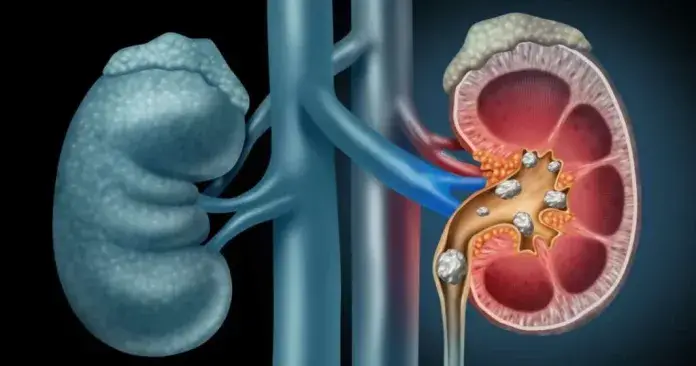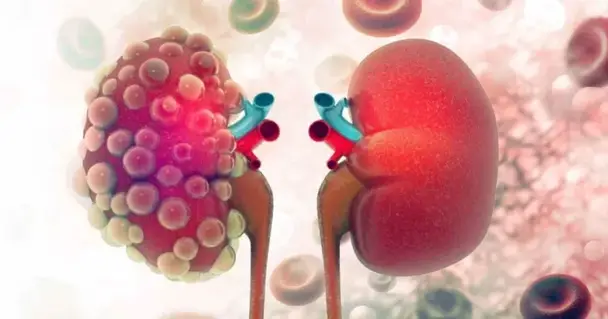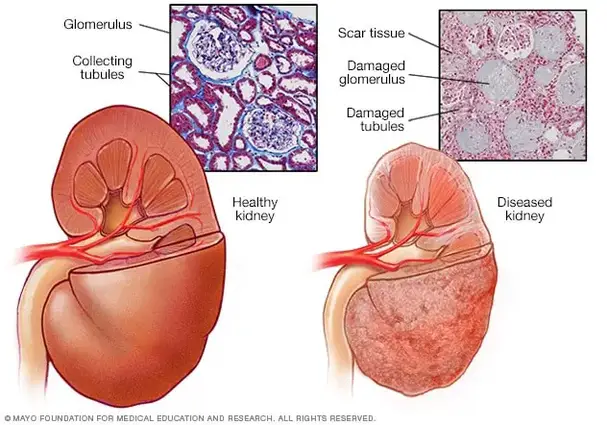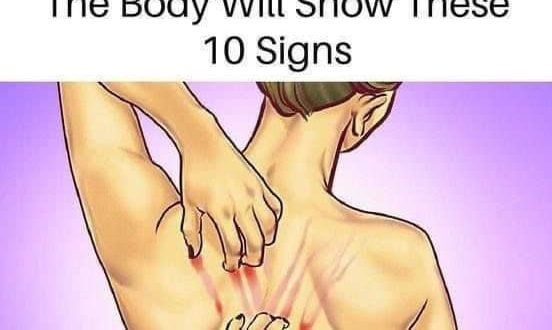Kidney disease is a silent but serious condition that can severely impact your overall health. Recognizing warning signs your kidneys are in danger is crucial, as early detection can prevent further complications. If you notice these signs, consult a doctor immediately to protect your kidney health and overall well-being.

Understanding the Role of the Kidneys
Your kidneys are vital organs that work tirelessly to filter your blood, remove waste products, balance electrolytes, and regulate blood pressure. These bean-shaped organs, located on either side of your spine just below the ribcage, also produce hormones that aid in red blood cell production and maintain bone health. Healthy kidneys filter around 120–150 quarts of blood each day, ensuring the removal of toxins through about 1–2 quarts of urine.

What Is Kidney Disease?
Kidney disease occurs when the kidneys lose their ability to function effectively. Causes include high blood pressure, diabetes, infections, autoimmune disorders, and genetic predispositions. Without proper treatment, kidney disease can progress to kidney failure, requiring dialysis or a transplant. Recognizing warning signs your kidneys are in danger can help you take action before it’s too late.
10 Warning Signs Your Kidneys May Be in Danger
1. Changes in Urination
Changes in urinary habits are among the first warning signs your kidneys are in danger. These include:
- Increased urination, especially at night
- Decreased urine output
- Foamy or bubbly urine, which could indicate protein leakage
2. Fatigue and Weakness
Kidneys help produce red blood cells by releasing a hormone called erythropoietin. When kidney function declines, anemia can develop, causing fatigue, weakness, and difficulty concentrating.
3. Swelling (Edema)
Fluid retention due to poor kidney function leads to swelling in the:
- Legs
- Hands
- Face
- Abdomen
4. Persistent Back Pain
Severe pain below the ribcage or tenderness in the back could be related to untreated urinary tract infections or kidney stones.
5. Unexplained Weight Loss or Loss of Appetite
Kidney disease can cause a loss of appetite and weight due to waste buildup in the blood. You may feel full even when you haven’t eaten much.
6. Nausea and Vomiting
Waste accumulation in the bloodstream often causes nausea or vomiting, especially in the morning or after meals.
7. Difficulty Sleeping
People with kidney disease frequently report trouble sleeping due to:
- Nighttime muscle cramps
- Restless leg syndrome
- Frequent urination disrupting sleep
8. Metallic Taste in the Mouth
A persistent metallic taste is a common symptom of uremia, caused by the buildup of waste products in the blood.
9. Muscle Cramps and Twitching
Electrolyte imbalances, especially low calcium or high phosphorus levels, can result in painful cramps and muscle twitching.
10. Itchy Skin
The accumulation of toxins due to reduced kidney function can lead to intense, generalized itching.
How to Reduce Your Risk
To keep your kidneys healthy and avoid the progression of kidney disease:
- Stay hydrated.
- Limit salt and processed foods in your diet.
- Manage chronic conditions like diabetes and high blood pressure.
- Avoid excessive use of painkillers and NSAIDs.
- Get regular check-ups, especially if you have a family history of kidney problems.

When to See a Doctor
If you notice any warning signs your kidneys are in danger, don’t ignore them. Schedule an appointment with your healthcare provider for a full evaluation, which may include blood tests, urine tests, and imaging studies to assess kidney function. Early intervention is key to preserving kidney health and preventing irreversible damage.
Conclusion
Recognizing the warning signs your kidneys are in danger can save your life. By staying vigilant and seeking medical advice at the first sign of trouble, you can protect your kidneys and maintain overall health. Don’t wait—listen to your body and act quickly if something feels off.
Please SHARE this article with your family and friends on Facebook.
 Viral Hatch US/UK No.1 News Portal
Viral Hatch US/UK No.1 News Portal







